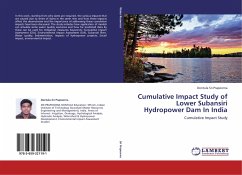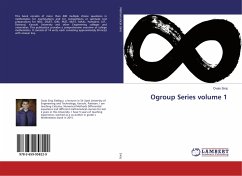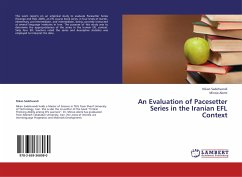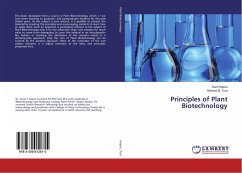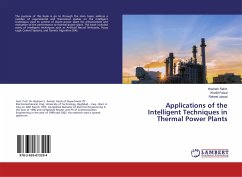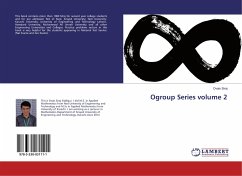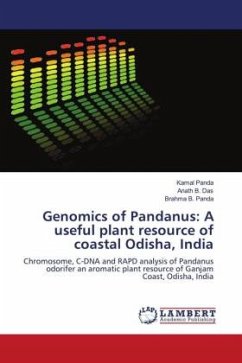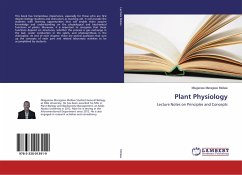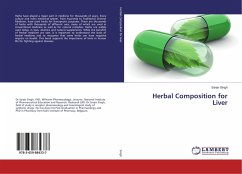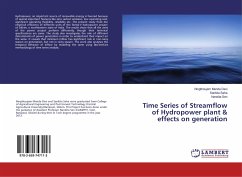
Time Series of Streamflow of Hydropower plant & effects on generation
Versandkostenfrei!
Versandfertig in 6-10 Tagen
24,99 €
inkl. MwSt.

PAYBACK Punkte
12 °P sammeln!
Hydropower, an important source of renewable energy is favored because of several important features like zero carbon emission, low operating cost, significant operating flexibility, reliability etc. The present study finds the empirical efficiency of different units of the Teesta-V hydropower project of Sikkim, a northeastern state of India. The results show that all the units of the power project perform differently, though their technical specifications are same. The study also investigates the role of different determinants of power generation in order to understand their impact on the sam...
Hydropower, an important source of renewable energy is favored because of several important features like zero carbon emission, low operating cost, significant operating flexibility, reliability etc. The present study finds the empirical efficiency of different units of the Teesta-V hydropower project of Sikkim, a northeastern state of India. The results show that all the units of the power project perform differently, though their technical specifications are same. The study also investigates the role of different determinants of power generation in order to understand their impact on the same. It reveals that minimum inflow has significant role in non-rainy season on generation, but not in rainy season. The work also analyses the temporal behavior of inflow by modeling the same using Box-Jenkins methodology of time series analysis.



